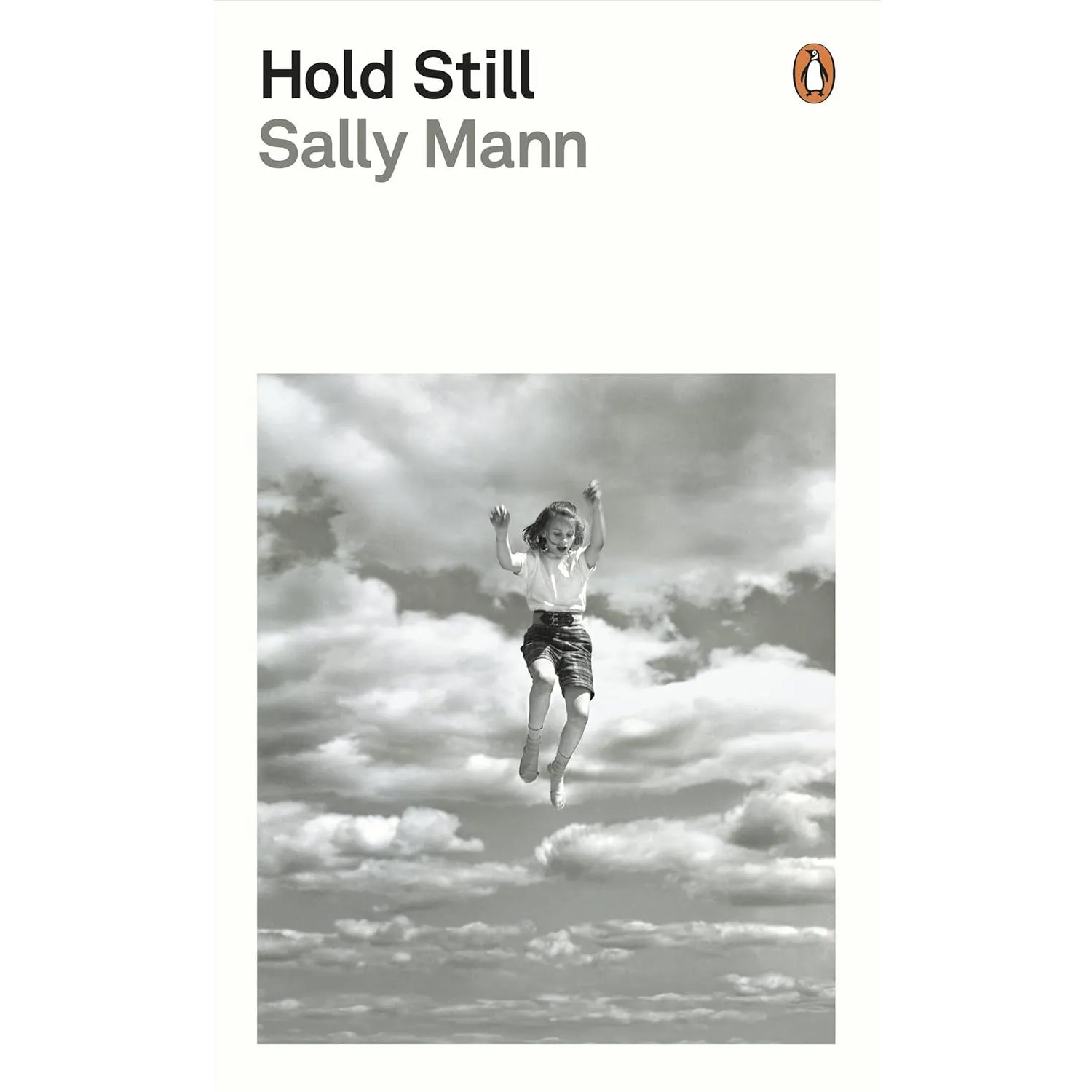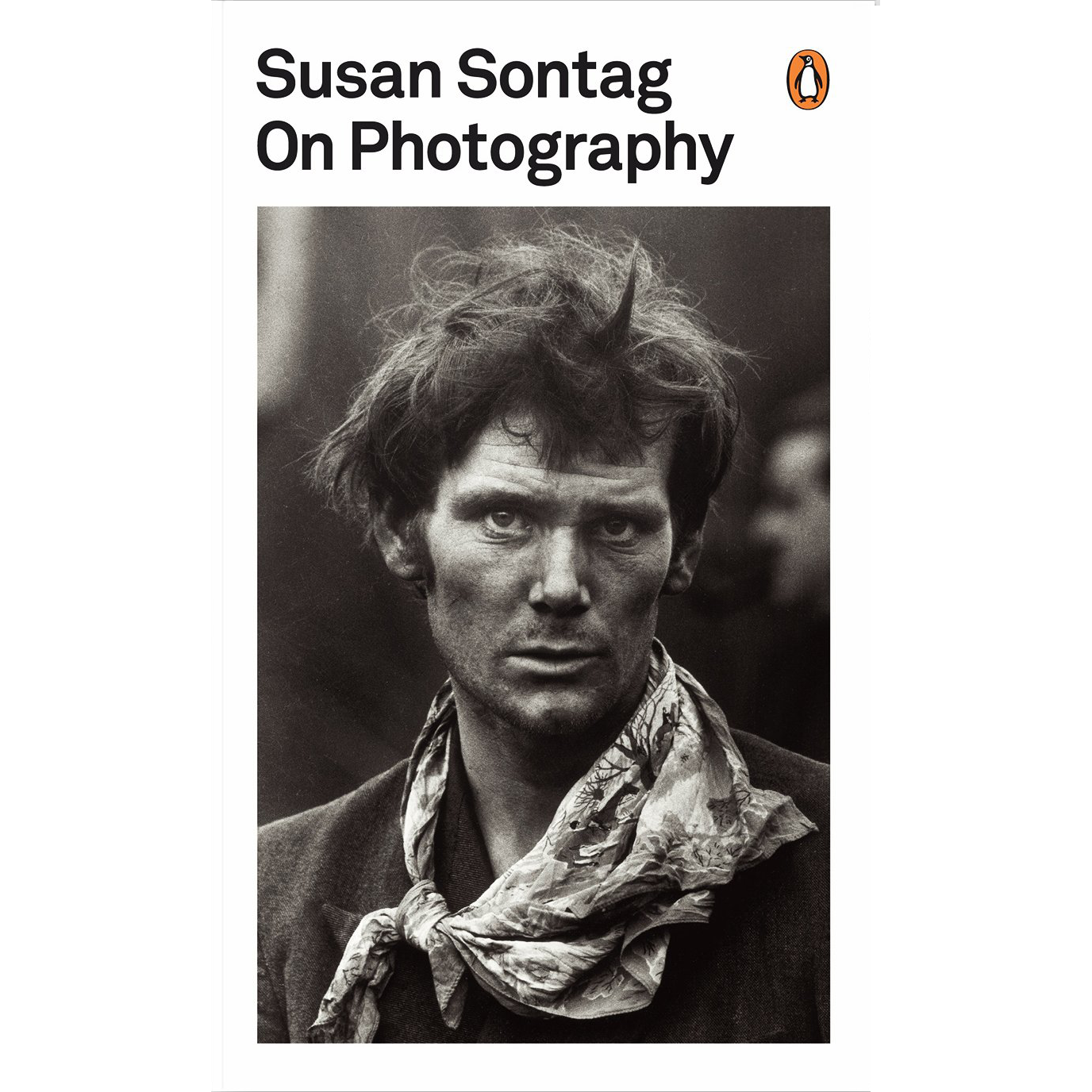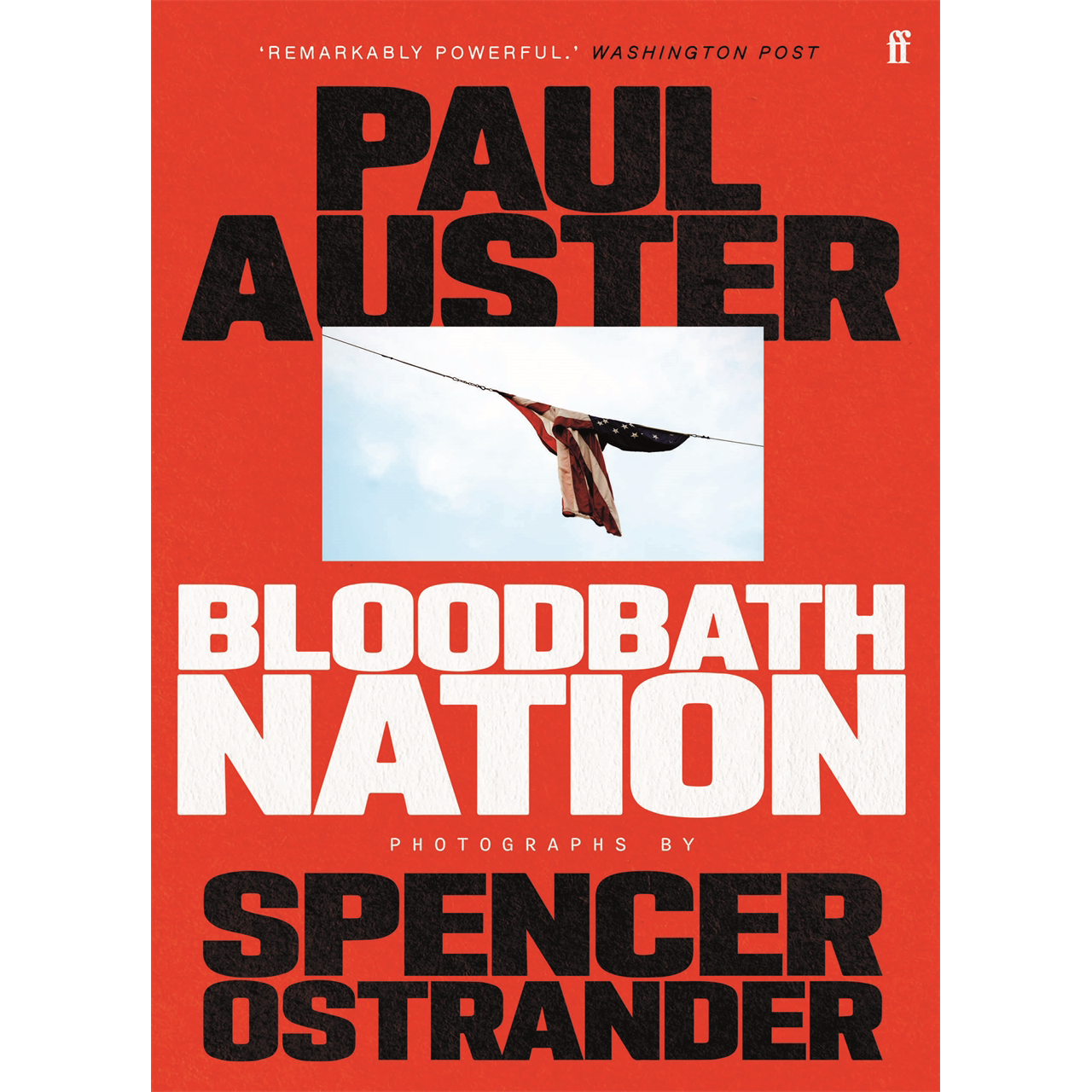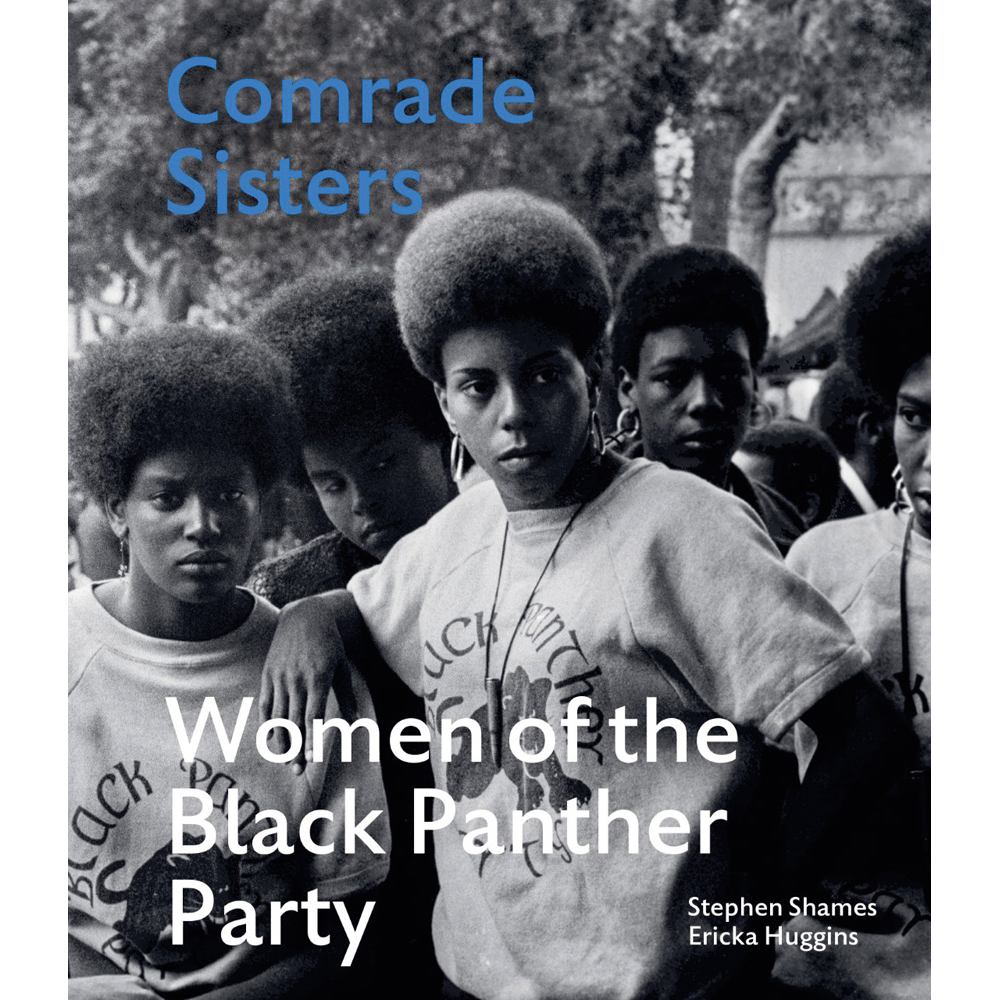 Image 1 of
Image 1 of


William Eggleston: Mystery of the Ordinary
William Eggleston: Mystery of the Ordinary | Edited by Felix Hoffmann
At the beginning of photography, the sky was invariably gray, and both art photography and photojournalism were long dominated by black and white. Although the first universal color slide film came onto the market in 1935, it was reserved for the world of advertising, and as late as the 1980s it was still considered commercial, vulgar and unartistic. Despite this, from the 1960s more and more photographers began to discover the new creative possibilities of the medium.
William Eggleston, whose career has spanned over five decades, not only substantially contributed to this paradigm shift; he also noticeably influenced many subsequent generations. Along with Saul Leiter, Evelyn Hofer and Stephen Shore, Eggleston was one of the first photographers to recognize the distinctive power of color and its unique capacity to create pictures that continuously challenge the everyday. He imbued banality with the uncanny and mysterious: particularly because color is integral to human perception, Eggleston investigated his immediate surroundings again and again—as if he were somehow suspicious of the contents of his freezer, the ketchup bottle on the diner counter, not to mention the guns that appear as if by chance in so many of his pictures. Mystery of the Ordinary captures the full scope of Eggleston’s evolution and legacy: from the early black-and-white work of the late 1950s, in which we witness his discovery and exploration of themes and unconventional croppings, to some of his most iconic color images.
William Eggleston: Mystery of the Ordinary | Edited by Felix Hoffmann
At the beginning of photography, the sky was invariably gray, and both art photography and photojournalism were long dominated by black and white. Although the first universal color slide film came onto the market in 1935, it was reserved for the world of advertising, and as late as the 1980s it was still considered commercial, vulgar and unartistic. Despite this, from the 1960s more and more photographers began to discover the new creative possibilities of the medium.
William Eggleston, whose career has spanned over five decades, not only substantially contributed to this paradigm shift; he also noticeably influenced many subsequent generations. Along with Saul Leiter, Evelyn Hofer and Stephen Shore, Eggleston was one of the first photographers to recognize the distinctive power of color and its unique capacity to create pictures that continuously challenge the everyday. He imbued banality with the uncanny and mysterious: particularly because color is integral to human perception, Eggleston investigated his immediate surroundings again and again—as if he were somehow suspicious of the contents of his freezer, the ketchup bottle on the diner counter, not to mention the guns that appear as if by chance in so many of his pictures. Mystery of the Ordinary captures the full scope of Eggleston’s evolution and legacy: from the early black-and-white work of the late 1950s, in which we witness his discovery and exploration of themes and unconventional croppings, to some of his most iconic color images.
William Eggleston: Mystery of the Ordinary | Edited by Felix Hoffmann
At the beginning of photography, the sky was invariably gray, and both art photography and photojournalism were long dominated by black and white. Although the first universal color slide film came onto the market in 1935, it was reserved for the world of advertising, and as late as the 1980s it was still considered commercial, vulgar and unartistic. Despite this, from the 1960s more and more photographers began to discover the new creative possibilities of the medium.
William Eggleston, whose career has spanned over five decades, not only substantially contributed to this paradigm shift; he also noticeably influenced many subsequent generations. Along with Saul Leiter, Evelyn Hofer and Stephen Shore, Eggleston was one of the first photographers to recognize the distinctive power of color and its unique capacity to create pictures that continuously challenge the everyday. He imbued banality with the uncanny and mysterious: particularly because color is integral to human perception, Eggleston investigated his immediate surroundings again and again—as if he were somehow suspicious of the contents of his freezer, the ketchup bottle on the diner counter, not to mention the guns that appear as if by chance in so many of his pictures. Mystery of the Ordinary captures the full scope of Eggleston’s evolution and legacy: from the early black-and-white work of the late 1950s, in which we witness his discovery and exploration of themes and unconventional croppings, to some of his most iconic color images.







